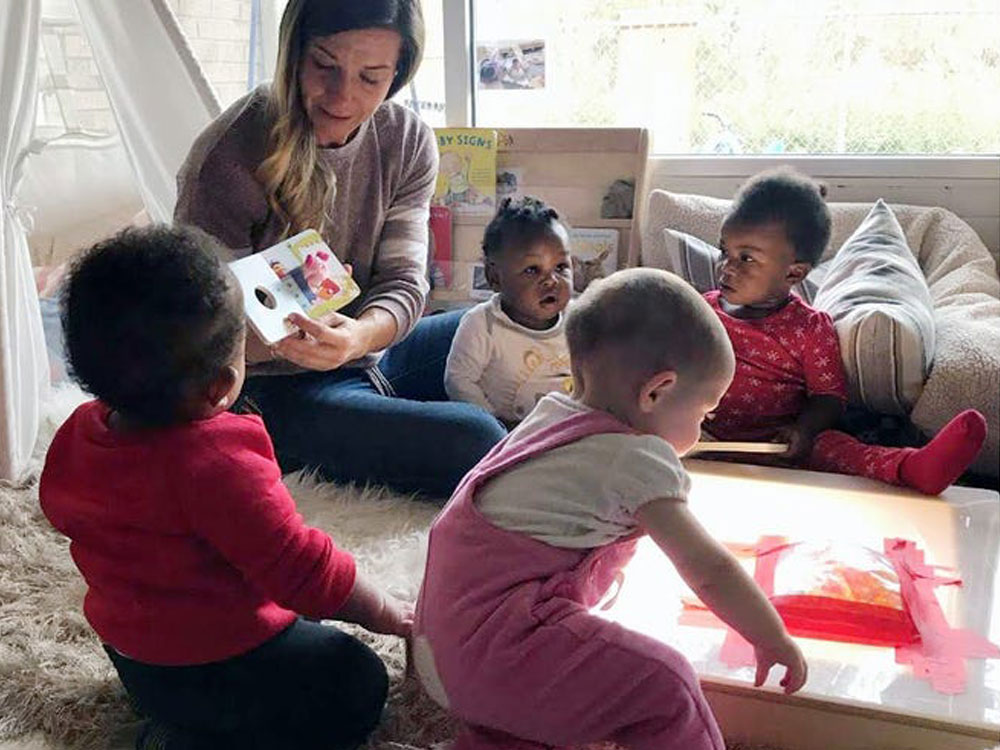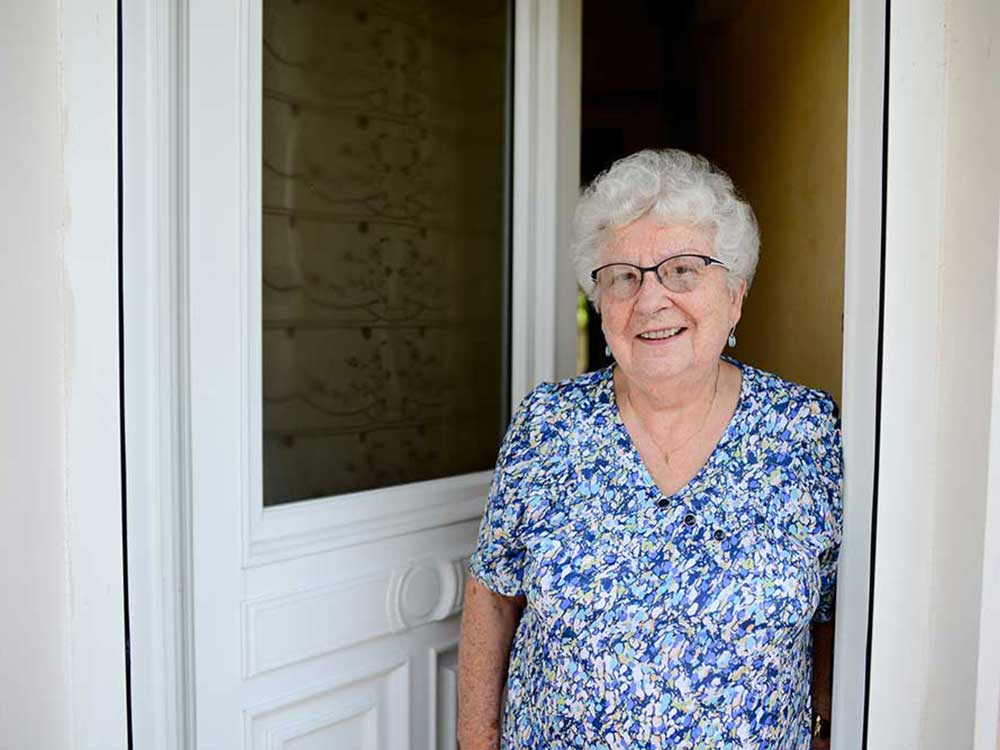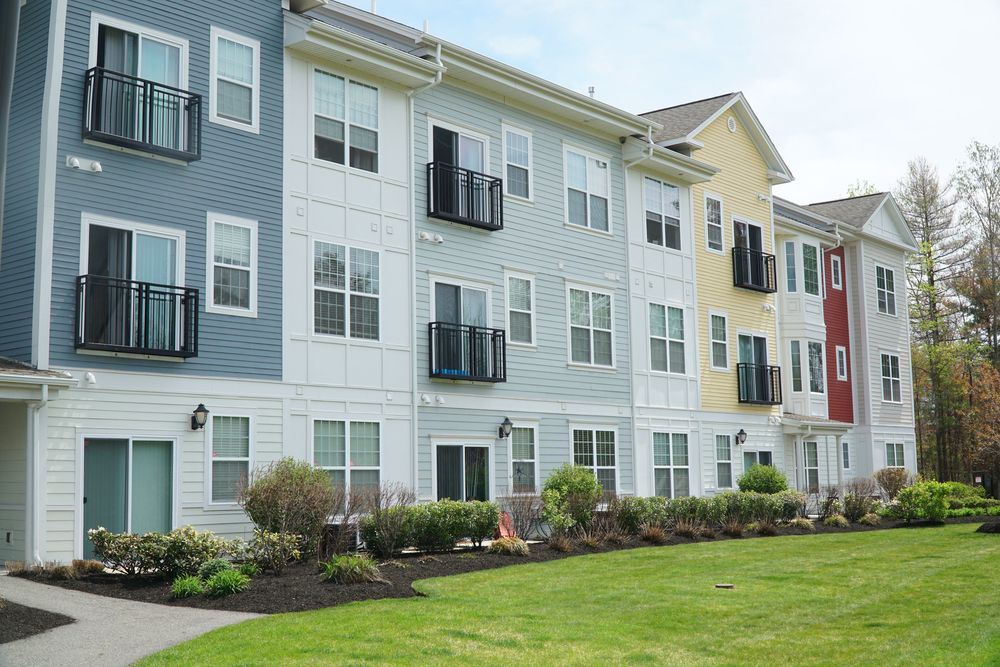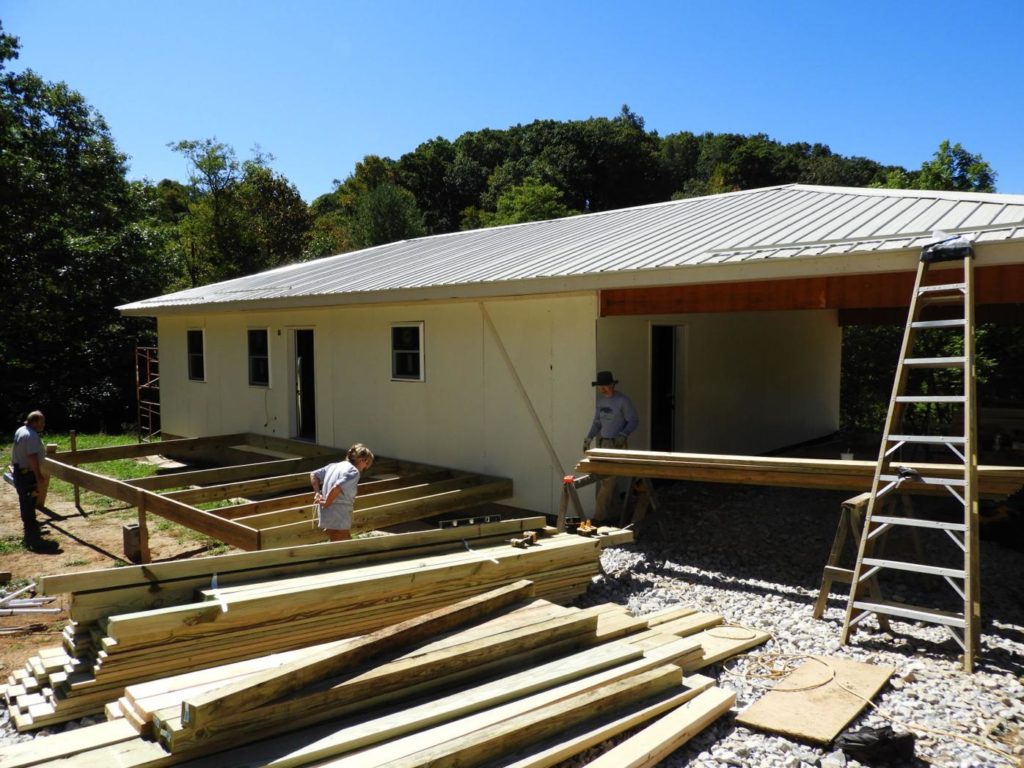Funds will support Indigenous and rural Appalachian high school students in the pursuit of health and biomedical careers.
Asheville, N.C. – Dogwood Health Trust recently awarded more than $1 million over three years to the Center for Native Health to further strengthen and expand The Medical Careers and Technology Pipeline (MedCaT) for Indigenous and rural Appalachian students. Started in 2010, MedCaT is an academic-community partnership between Wake Forest School of Medicine, Western Carolina University, the Eastern Band of Cherokee Indians, Mountain Area Health Education Center (MAHEC), and the Center for Native Health.
“We are grateful for Dogwood’s investment, which will not only provide significant financial resources to support the MedCaT program, it also will help expand the program in important ways,” said Trey Adcock (ᎠᏰᎵ, Cherokee Nation)Executive Director of the Center for Native Health and Associate Professor/Interim Chair of Interdisciplinary and International Studies at UNC-Asheville. “MedCaT is a fabulous program where students learn about the biomedical field while also understanding the importance of culture and its essential place in maintaining good, balanced health,” added Roseanna Belt (Eastern Band of Cherokee Indians), Board Chair for the Center.
The MedCaT program is designed to create pathways and address barriers for students – specifically Indigenous and rural Appalachian students – by integrating cultural education into the traditional health and biomedical science curriculum and teaching paradigm. “Of the 12 percent of American Indians who earned a bachelor’s degree or higher, the percentage who are enrolled EBCI members and are going into health fields is less than two percent,” said Adcock.
To address these disparities, in 2015 MedCaT expanded into a year-round program that serves Indigenous and rural Appalachian students living on the Qualla Boundary and in surrounding areas, particularly Graham, Swain, and Jackson Counties.
A key component of the program includes a week-long immersive experience at Wake Forest University. As a long-term partner to the program, Wake Forest provides students with multiple resources that support their pursuit of health and biomedical science careers.
Since the program’s inception, MedCaT has served 185 students and achieved the following outcomes:
- 100% graduated from high school.
- 75% graduated with an additional certification.
- 81% have been or are currently enrolled in a post-secondary 2- or 4- year health or biomedical science program.
With the grant from Dogwood Health Trust, program leaders now have the resources for data collection tools to track the long-term progress of students and help ensure their success in a healthcare-related field. Dogwood’s grant also will fund a weeklong immersive experience at Western Carolina University (WCU) in addition to the week at Wake Forest, and more students will be served during the school year through WCU’s Learning Labs. Additionally, because of Dogwood’s investment, a new partner specializing in cancer research has signed on, creating opportunities for expanded partnerships with regional medical centers, and the ability to bring in more guest speakers and mentors in the field giving students access to Native role models.
“The young people of this region are absolutely our most precious and valuable resource which is why Dogwood is investing in education,” said Dr. Susan Mims, interim CEO for Dogwood Health Trust. “As a foundation focused on health, we know that a good education and career fulfillment have a positive impact on health and wellbeing. Dogwood’s investment in the MedCaT program perfectly aligns with our strategic goals and our commitment to equity, expanding access to STEM programming for underserved students and helping to prepare more students in Western North Carolina for the expected growth in STEM occupations.”
“MedCaT has opened and continues to open new doors of opportunity for me,” said Madison York (Eastern Band of Cherokee Indians), an alumnus and mentor with MedCaT. “Throughout my years of participating in and working with the MedCaT program, I saw how culture plays a huge role in health and learned rather quickly that I wanted to be close to the healthcare field, even if not directly hands-on.” A recent graduate from Western Carolina University with a degree in healthcare management, York intends to further her education by pursuing a masters degree of business administration.
“Representation matters,” York added. “I want younger generations to see what I am doing and know what is possible. The MedCaT program opened opportunities for me to learn, and I want to bring this knowledge to my community and hopefully implement changes to benefit health collectively.”
Between 20-30 high school students make up a cohort each year. Students who are interested in applying for a future cohort can visit centerfornativehealth.org/research or email [email protected].
###
About Dogwood Health Trust
Dogwood Health Trust is a private foundation based in Asheville, North Carolina with the sole purpose of dramatically improving the health and well-being of all people and communities of 18 counties and the Qualla Boundary in Western North Carolina. Dogwood Health Trust focuses on innovative and equitable ways to address the many factors that contribute to overall health and wellness, with a focus on housing, education, economic opportunity, and access to care and health resources. Dogwood Health Trust works to create a Western North Carolina where every generation can live, learn, earn and thrive, with dignity and opportunity for all, no exceptions. To learn more, please visit www.dht.org.
About Center for Native Health
The vision of the Center for Native Health is the reduction of health disparities for Native communities through engagement in the preservation and respectful application of traditional knowledge. To learn more, please visit centerfornativehealth.org.


















